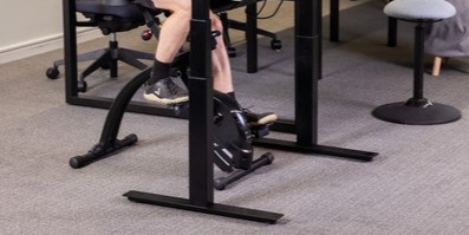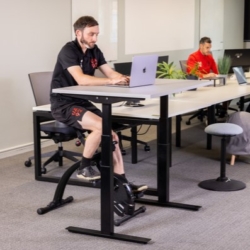To provide the best experiences, we use technologies like cookies to store and/or access device information. Consenting to these technologies will allow us to process data such as browsing behaviour or unique IDs on this site. Not consenting or withdrawing consent, may adversely affect certain features and functions.
The technical storage or access is strictly necessary for the legitimate purpose of enabling the use of a specific service explicitly requested by the subscriber or user, or for the sole purpose of carrying out the transmission of a communication over an electronic communications network.
The technical storage or access is necessary for the legitimate purpose of storing preferences that are not requested by the subscriber or user.
The technical storage or access that is used exclusively for statistical purposes.
The technical storage or access that is used exclusively for anonymous statistical purposes. Without a subpoena, voluntary compliance on the part of your Internet Service Provider, or additional records from a third party, information stored or retrieved for this purpose alone cannot usually be used to identify you.
The technical storage or access is required to create user profiles to send advertising, or to track the user on a website or across several websites for similar marketing purposes.
 facilities managmentWorkplaces need to be maintained and managed in a more agile and responsive way if they are to serve the needs of hybrid working and the so-called return to the office, according to new research from Colliers. Colliers Global Occupier Services’ new report Adaptive Facilities Management – a new vision in agility reveals traditional facilities management (FM) models, where services are delivered at fixed frequencies and costs, are no longer fit for purpose, due to occupancy levels at many workplaces remaining in flux. (more…)
facilities managmentWorkplaces need to be maintained and managed in a more agile and responsive way if they are to serve the needs of hybrid working and the so-called return to the office, according to new research from Colliers. Colliers Global Occupier Services’ new report Adaptive Facilities Management – a new vision in agility reveals traditional facilities management (FM) models, where services are delivered at fixed frequencies and costs, are no longer fit for purpose, due to occupancy levels at many workplaces remaining in flux. (more…)




































September 10, 2024
What we should learn from the sad story of Denise Prudhomme
by Mark Eltringham • Comment, Flexible working, Wellbeing